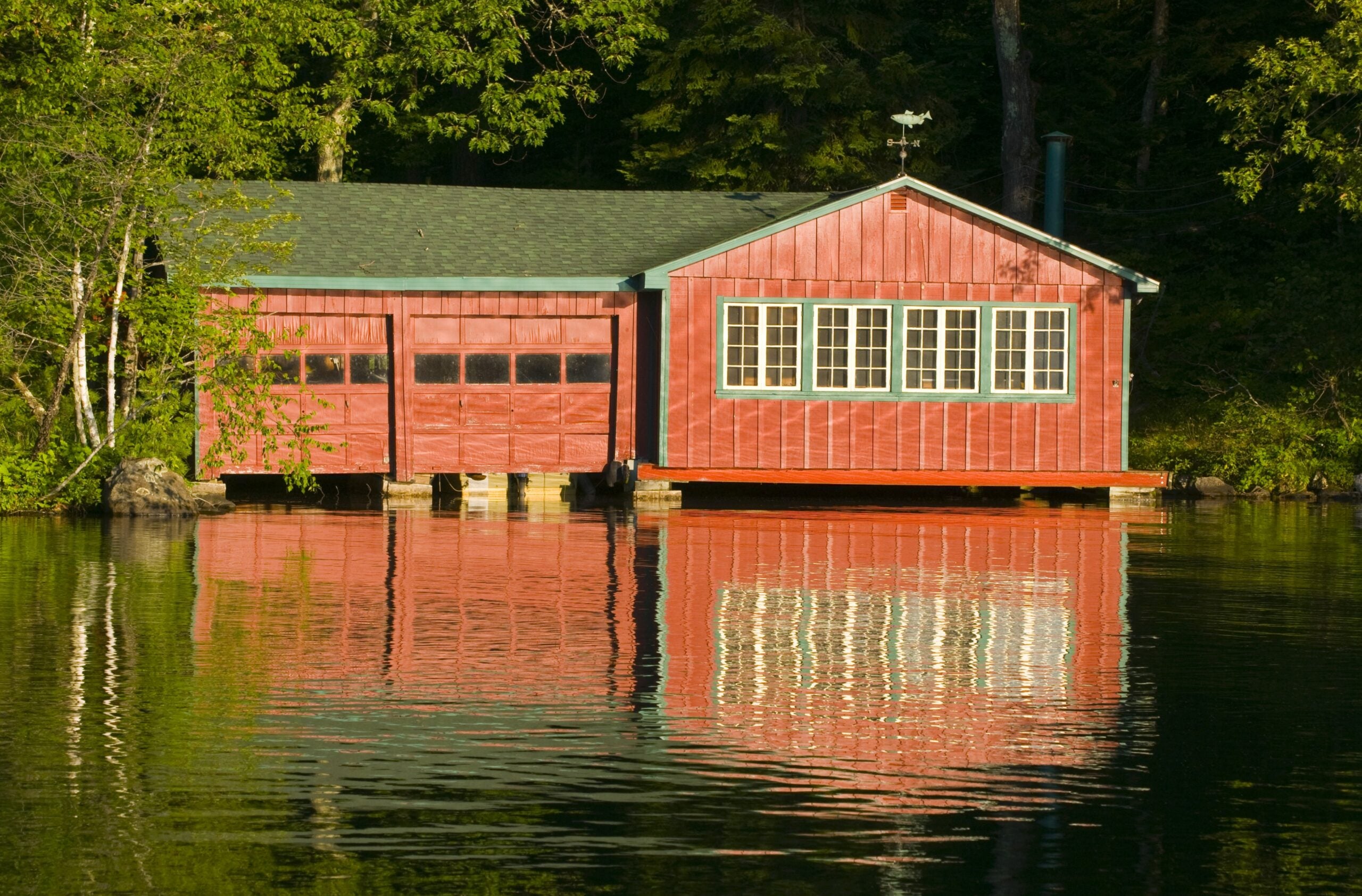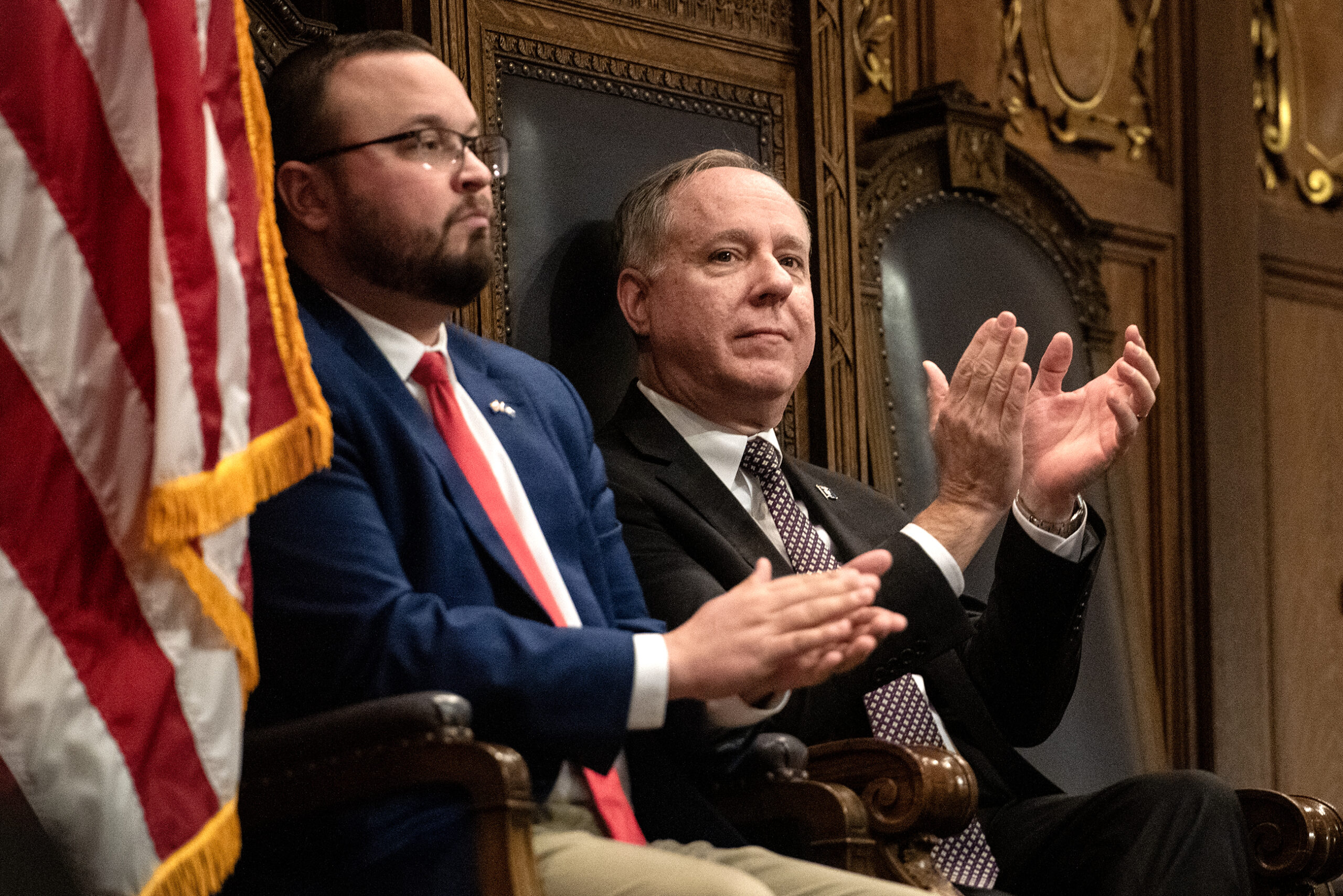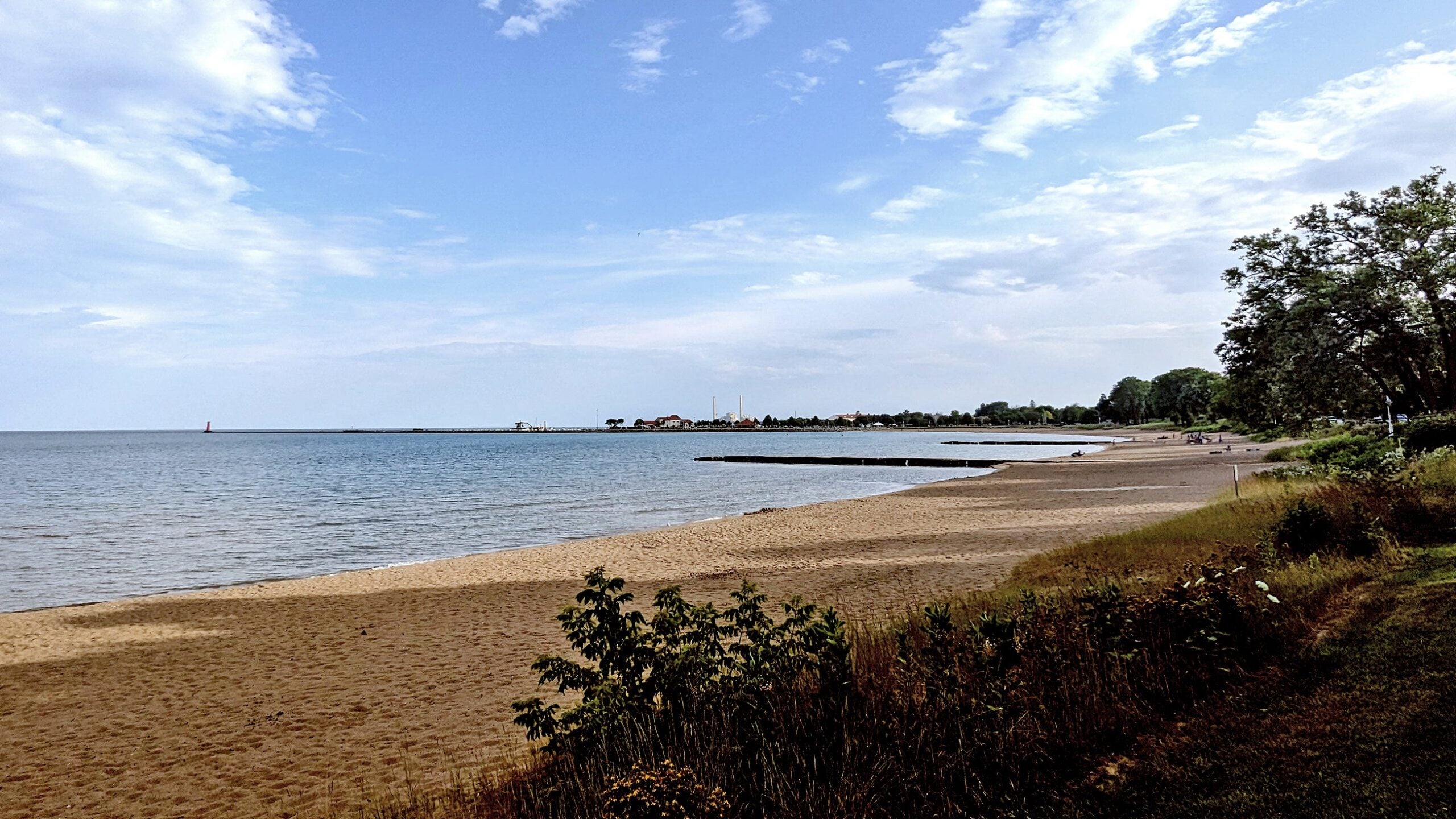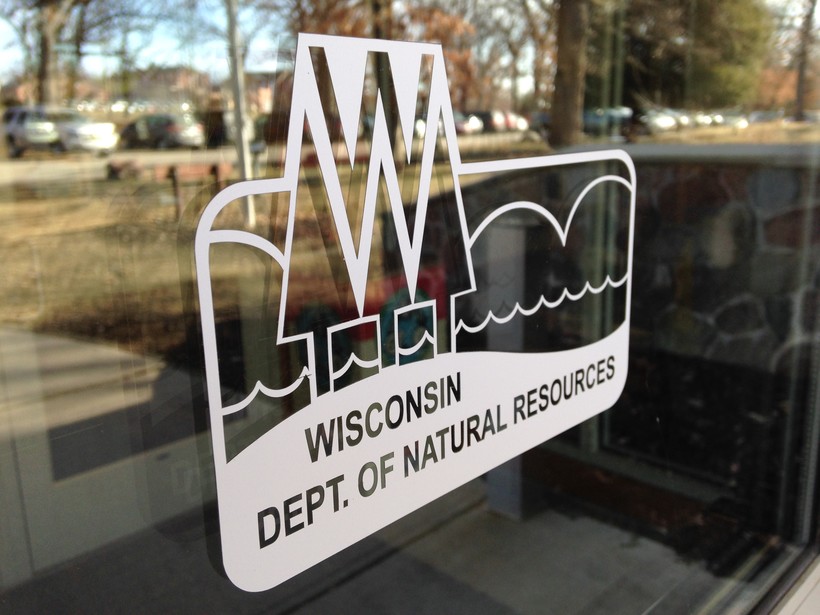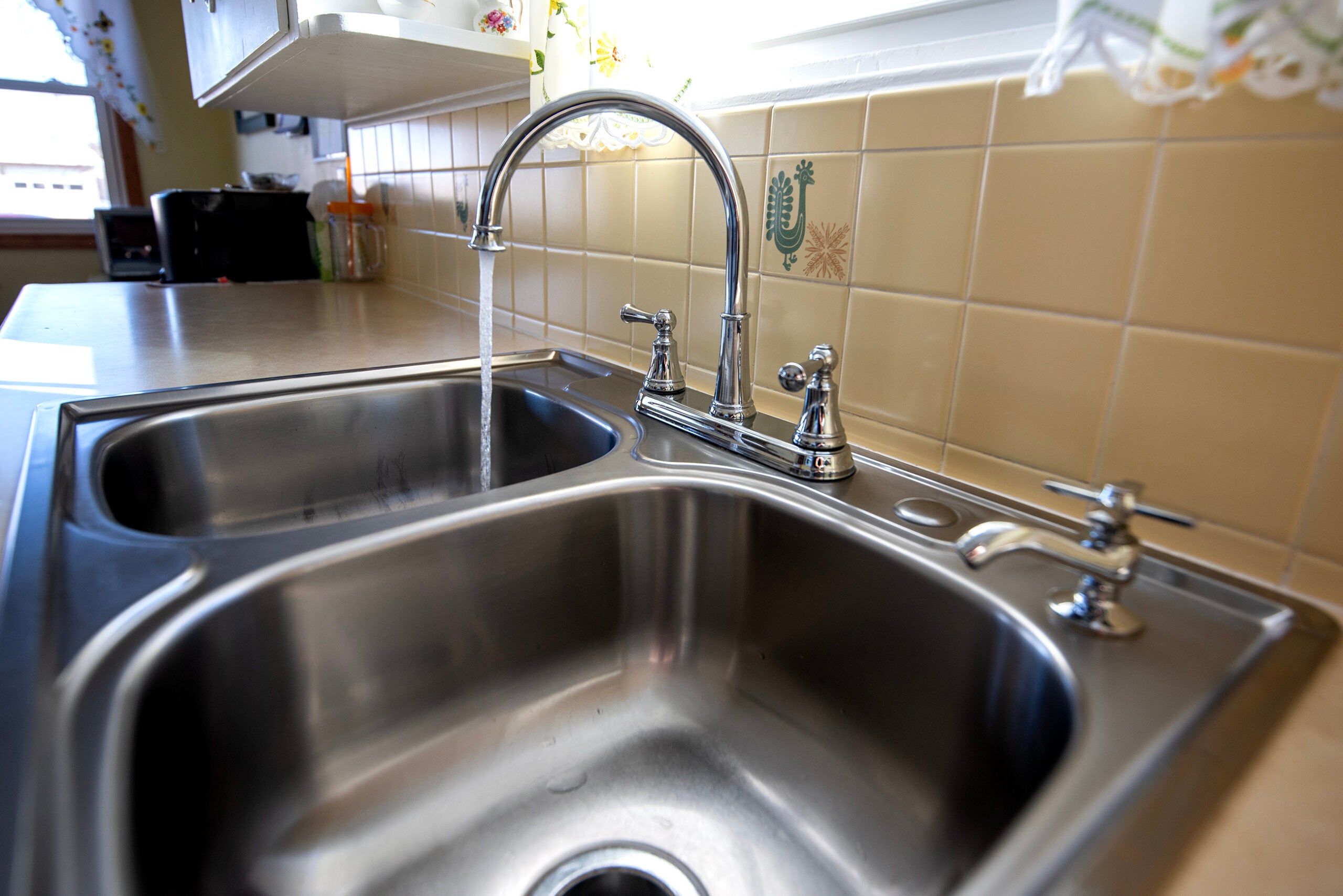A key Republican state Senator says he thinks a bill that would make numerous changes to laws that protect Wisconsin’s lakes “went too far,” a sign that the sweeping plan could be scaled back in the chaotic remaining days of the legislative session.
Green Bay Sen. Robert Cowles chairs the state Senate Committee on Natural Resources and Energy, which heard testimony on the bill last week. The committee has yet to schedule a vote on the plan.
If the Senate does indeed amend the bill, Assembly lawmakers would need to approve the changes. That’s significant because the Assembly is scheduled to finish its legislative session next week.
News with a little more humanity
WPR’s “Wisconsin Today” newsletter keeps you connected to the state you love without feeling overwhelmed. No paywall. No agenda. No corporate filter.
“I’ve been trying to find out how much time I’ve got,” Cowles said. “The less time we have, the less of a bill there is to send over because I think the bill went too far in a number of respects.”
The legislation would make a number of changes to state laws that protect lakes and wetlands, in most cases shifting the balance to property owners instead of the Department of Natural Resources. It would make it much easier for landowners to dredge an adjacent lake, requiring only that they apply for what’s known as a “general permit” that the DNR would have 30 days to review. Right now landowners have to apply for an “individual permit,” which requires a more rigorous review of their property by DNR scientists.
The plan would also redefine what’s public and private when it comes to Wisconsin lake beds. Wisconsin’s constitution contains a provision known as the “Public Trust Doctrine,” which holds that the state’s navigable waters “shall be common highways and forever free.” That means the state has traditionally been the owner of lake beds up to their normal high-water mark. Under this bill, any waters that were filled before 1975 — whether legally or not — would be private, and it would be illegal for the DNR to tell a landowner to remove the fill.
Laws relating to wetlands would also be affected by the changes, which include tweaks that would let people more easily repair or rebuild their boat houses. Cowles said he’s fine with some of those ideas.
“There’s some minor parts of the bill that are ok, but the big sections … we’re looking at very closely,” Cowles said. “We may make changes. Meanwhile, we’re running out of time.”
The dredging bill was highlighted by Assembly Speaker Robin Vos as part of a “property rights package” that was a top priority for Republicans during the waning days of their legislative session. It passed the Assembly earlier this week on a 57-39 vote, with four Republicans joining all Democrats in voting no.
Republicans hold a 19-14 majority in the Senate, which has two remaining session days scheduled for 2016, including one in March. It’s the Assembly’s schedule that’s creating a sense of urgency. Lawmakers there are expected to adjourn for the year on Thursday.
Wisconsin Public Radio, © Copyright 2026, Board of Regents of the University of Wisconsin System and Wisconsin Educational Communications Board.
